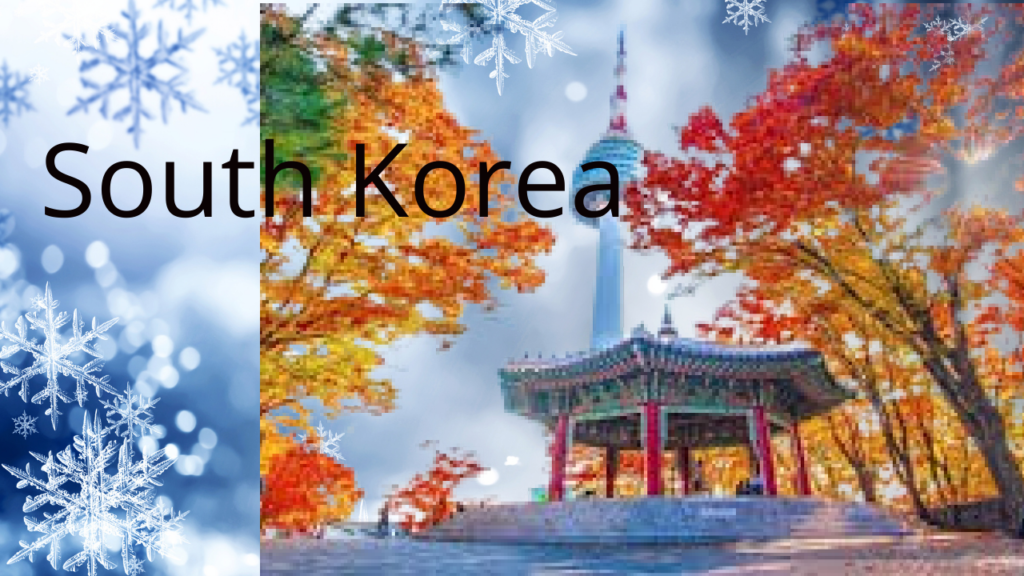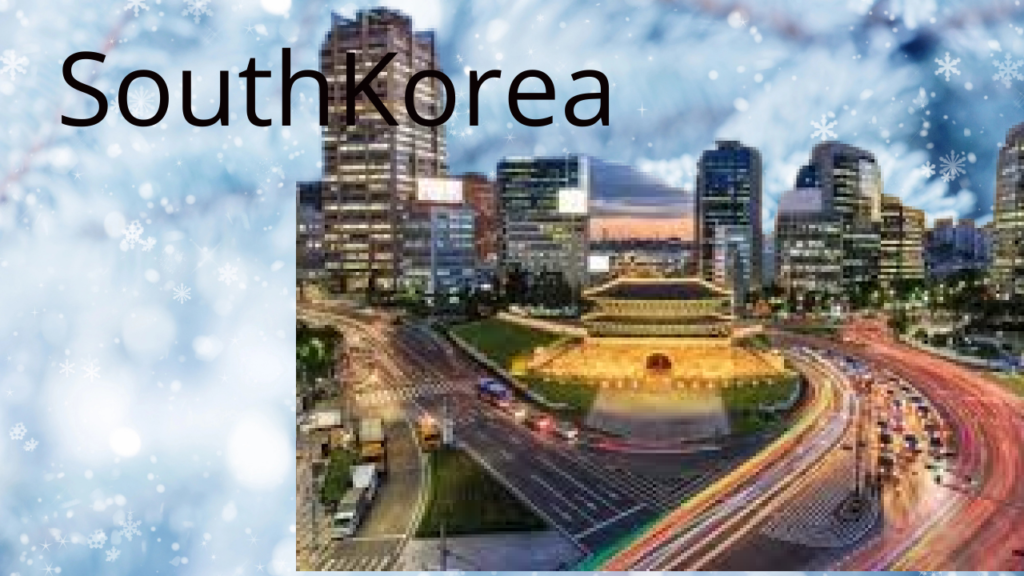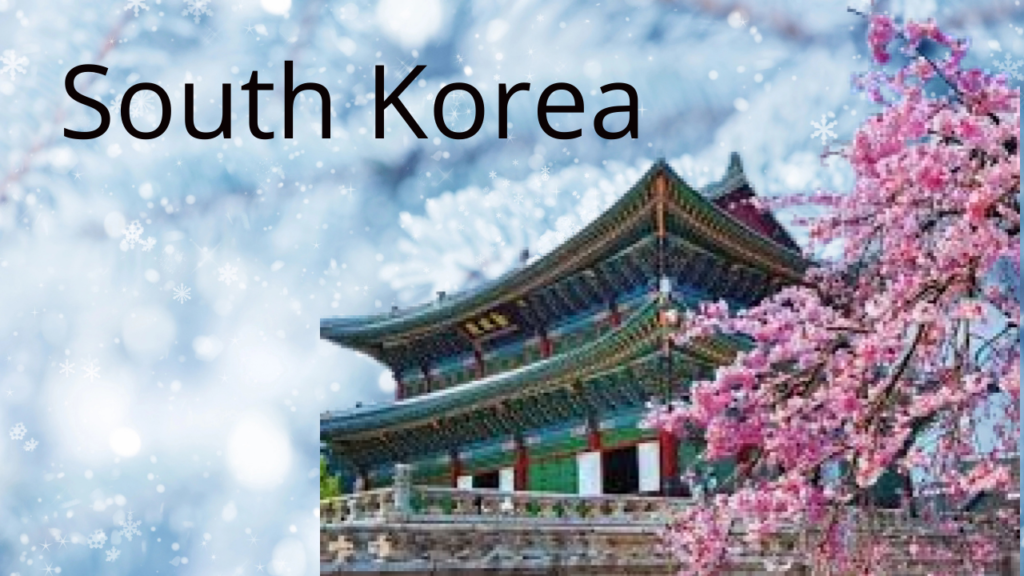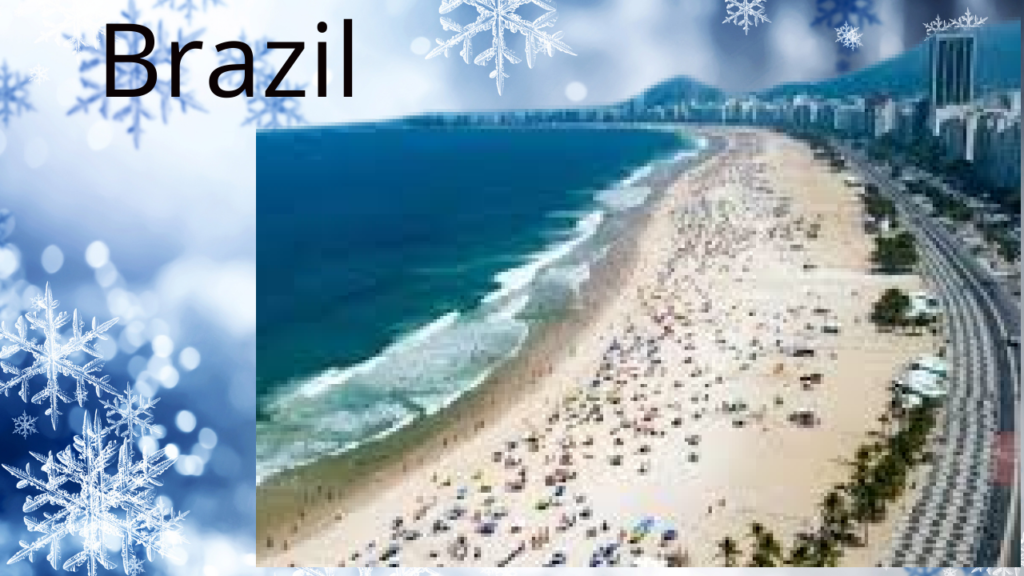Introduction:
Tuesday night, the president of South Korea shocked the country by imposing martial law for the first time in the Asian democracy’s nearly 50-year history.In a late-night TV show, Yoon Suk-yeol declared his drastic decision, citing North Korea and “anti-state forces” as dangers.But it quickly became clear that the action was motivated by his own dire political problems rather than by threats from other sources.
Thousands of people demonstrated at the parliament in response to this proclamation, and opposition members quickly called an emergency vote to repeal the bill.
After being defeated, Yoon came out a few hours later to retract the martial law decree and accept the parliament’s vote
Table of Contents
.
What caused this?
Yoon has been behaving like a president under pressure, according to observers.
He announced martial law to “crush destructive anti-state forces” and accused the political opposition of undermining his government in his Tuesday night speech.
The directive briefly put the military in command, sending police and troops wearing helmets to the legislative building of the National Assembly, where helicopters were observed landing on the top.
Staff attempted to stop the armed, masked soldiers from entering the premises with fire extinguishers, according to local media.
Around 11:00 PM local time (2:00 PM GMT) on Tuesday, the military issued an order that placed the media under government control and prohibited political group activities and protests.
Politicians in South Korea swiftly denounced Yoon’s statement as unlawful and unconstitutional. Yoon’s conservative People’s Power Party leader even referred to his action as a “mistake.”
The leader of the liberal Democratic Party, the biggest opposition party, Lee Jae-myung, called on his legislators to convene in parliament and vote against the declaration. Additionally, he urged regular South Koreans to participate in the demonstration at the National Assembly.
“With tanks, armored vehicles, and soldiers armed with guns and knives ruling over us… my fellow citizens, please come to the National Assembly,” Lee stated.
His call was answered, as many hurried to assemble outside the strongly guarded parliament. The protesters voiced their opposition with slogans like “No to martial law!” and “End dictatorship.”
Live coverage of altercations between demonstrators and police at the gates was provided by the local media. But tensions did not become violent in spite of the military presence.
In order to get to the voting chamber, lawmakers also succeeded in breaching barricades and even scaling fences.
With 190 of its 300 members present, the South Korean parliament voted against the bill just after 1:00 AM on Wednesday, invalidating Yoon’s declaration of martial law.
Why is martial law important, and what does it mean?
When civilian authorities are judged incapable of functioning in an emergency, military authorities may temporarily impose martial law.
Martial rule was last imposed in South Korea in 1979, during the coup that followed the murder of Park Chung-hee, the country’s long-serving military dictator.
Since South Korea’s 1987 transition to parliamentary democracy, it has not been put into effect.
In his national address, Yoon declared that he was working to protect South Korea from what he described as “anti-state forces.”
Without offering any proof, Yoon, who is renowned for adopting a more assertive posture against North Korea than his predecessors, charged that the political opposition was pro-North Korean.
The military is given broad authority during martial law, frequently suspending due process, legal protections, and people’ rights.
Protesters and politicians disobeyed instructions that restricted media under government control and prohibited political activity. With no indications of a government takeover, independent media outlets such as Yonhap and the national broadcaster carried on with their regular reporting.

What was putting pressure on Yoon?
Yoon, a conservative who was elected in May 2022, has been dealing with more and more problems since the opposition won a landslide victory in national elections in April.
Since then, he has been a lame duck president who can only veto measures from the liberal opposition because he is unable to pass the legislation he wants.
Several corruption scandals this year have also caused his approval ratings to plunge, hovering around a low 17%. These include a stock manipulation case and claims that his wife accepted expensive Dior purses.
On national television last month, South Korean President Yoon Suk-yeol was compelled to apologize and announce the creation of an office to supervise the First Lady’s responsibilities. He did, however, turn down a more thorough inquiry that opposition parties had requested.
In a move that cannot be vetoed, the opposition suggested this week cutting a significant government budget bill. In addition, they demanded that cabinet officials and a number of high-ranking prosecutors—including the head of the government’s audit agency—be removed for their failure to look into the First Lady’s accusations.
Protests Against the Proclamation of Martial Law
On Tuesday evening, large groups of demonstrators gathered outside parliament, waving South Korean flags and yelling “No martial law!” instead. Large-scale demonstrations are common and engrained in South Korean politics.
Following parliament’s rejection of Yoon’s proclamation of martial law, opposition leaders, including the leader of the Democratic Party, spoke to the media on Wednesday morning.
What Takes Place Next?
The country was taken aback by Yoon’s abrupt announcement, which left South Koreans uncertain about the effects of martial law for six hours. The opposition, however, quickly gathered in parliament and was large enough to deny the proclamation.
There were no indications of a military takeover, even though the capital was well guarded by police and soldiers. If a parliamentary majority votes against martial law, the administration is required by South Korean legislation to lift it. Additionally, the law forbids parliamentarians from being arrested by the martial law command.
It’s unclear what Yoon’s future holds. His arrest was demanded by some demonstrators outside the gathering, who chanted, “Arrest Yoon Suk-yeol.”
A nation that prides itself on being a thriving, modern democracy, far different from its dictatorial history, has undoubtedly been stunned by this hasty decision
A Crisis in Democracy
The event is thought to represent the biggest threat to South Korea’s democracy in many years. According to experts, it might do much greater damage to South Korea’s democratic image than incidents like the Capitol riots on January 6 did to the United States.
Leif-Eric Easley, a political analyst, remarked that Yoon’s declaration of martial law appears to be an unnecessary legal overstep and a strategic error, putting South Korea’s economy and security at risk. Seoul’s Ewha University.
“He appeared to be a beleaguered politician, acting in a last-ditch effort to thwart growing scandals, institutional obstacles, and calls for impeachment—all of which are now likely to get worse.”
As stated by the Speaker of the House of Representatives on Wednesday, “We will protect democracy with the people.”
Yoon Suk-yeol, the president of South Korea, imposed emergency martial law after charging that the opposition was supporting North Korea and immobilizing the administration. This action, according to the opposition, is a tactic to evade impeachment, increase political division, and cast doubt on the stability of democracy.

Announcement of Emergency Martial Law
During his televised speech on Tuesday, President Yoon shocked the country by declaring “emergency martial law,” claiming opposition attempts to undermine the constitutional order and threats from anti-state groups.
“Protecting Constitutional Order”
Yoon defended the decision as essential to preserving the nation’s freedoms and constitutional framework, saying, “To protect liberal South Korea from the threats posed by North Korea’s communist forces and “I am declaring emergency martial law to eradicate elements hostile to the state.”
Increasing Stress Due to Budgetary Conflicts
The declaration was made amid escalating disagreements over the budget for the upcoming year between the opposition Democratic Party and Yoon’s People Power Party. Recently, the opposition, which has a majority in the 300-member parliament, passed a reduced budget proposal, which Yoon denounced for slashing vital funding.
Yoon asserted, “Our National Assembly has turned into a sanctuary for criminals and a center of legislative dictatorship that aims to overthrow our liberal democratic order and paralyze the judicial and administrative systems.”
Holding the Opposition Responsible for Public Safety Problems
Yoon said that these acts have made South Korea a “haven for narcotics” and a “state of public safety chaos,” accusing the opposition of cutting vital funding for combating drug offenses and maintaining public safety.
Uncertainty Regarding the Imposition of Martial Law
There are concerns regarding the implementation of martial law because Yoon has not revealed any concrete measures. “Restore normalcy by eradicating anti-state forces,” he stressed.
Strong Criticism from the Opposition
The action has been strongly denounced by the opposition.In a livestream, Democratic Party leader Lee Jae-myung delivered a stark warning: “The nation will be controlled by armored vehicles, tanks, and armed soldiers wielding guns and knives.” The economy of the Republic of Korea will totally implode. He called on people to demonstrate at the National Assembly.
Conflicts Within the Governing Party
Cracks were also visible in the ruling party. Party chairman Han Dong-hoon reportedly objected to the statement, calling it “wrong,” and promised to use public support to reject it, according to Yonhap News. Han’s comments demonstrate the widening rift inside Yoon’s own party.
Growing Tensions
Yoon and the opposition are at an all-time high in their tensions. Citing concerns of investigations and impeachment, Yoon earlier this year became the first president since 1987 to skip the opening of the parliamentary term. Suspicions regarding Yoon’s intentions are heightened when opposition members accuse him of undermining democratic processes by vetoing parliamentary measures and assigning cronies to important military positions.
Growing Political Difference
The imposition of martial law has made South Korea’s political climate even more divided. Experts caution that public confidence in democratic institutions may be damaged by the widening gap.
Choi Jin, the director of the Institute for Presidential Leadership, stated that the conflict had evolved into a political conflict. “No one wins in this all-or-nothing battle.”
Chosun University political science professor Zhi Byong-kuen attacked Yoon’s strict leadership style, saying it increases divisiveness and disenchantment among the populace.
Conclusion:
Deep rifts inside South Korea’s government and society have been revealed by President Yoon Suk-yeol’s declaration of martial law, which has plunged the country into an unprecedented political crisis. The public’s and parliament’s prompt rejection of the proclamation shows how resilient South Korea’s democratic institutions are, but the incident also raises serious concerns about the possible abuse of power and the vulnerability of leadership under duress.
The incidents serve as a sobering reminder of the significance of preserving democracy, respecting constitutional principles, and putting unity ahead of partisan brinkmanship as the country deals with the aftermath. To mend the rifts and rebuild public confidence in its democratic system, South Korea will need to exercise careful leadership in the years to come.



